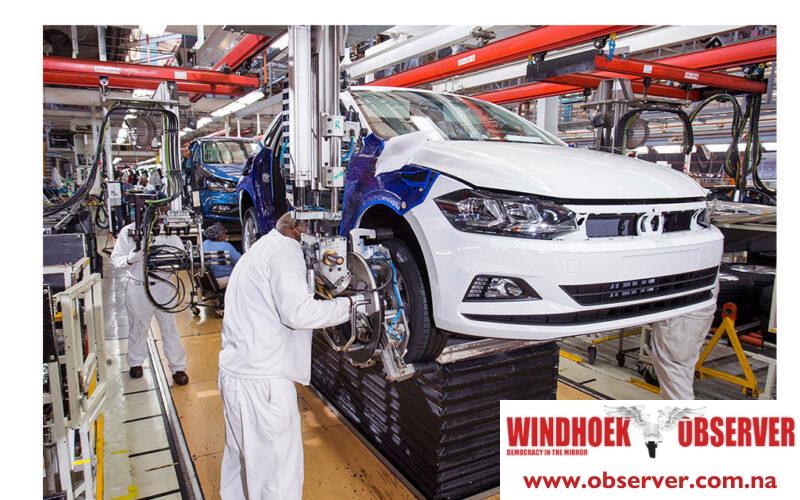CHAMWE KAIRA
The Bank of Namibia’s decision to lower the repo rate from 7% to 6.75% in February will have a notable impact on credit conditions, vehicle financing, and overall car sales in the coming months.
While lower borrowing costs typically encourage spending, broader economic pressures could temper the full effect of this rate cut, a report has noted.
Simonis Storm noted that with interest rates easing, borrowing costs will fall, making credit more accessible to both businesses and households.
However, the impact will vary across different sectors, it noted.
The analysis noted that businesses may take advantage of cheaper financing to expand fleets, invest in infrastructure, or replace outdated equipment.
“That said, higher import costs and supply chain disruptions could dampen investment appetite in industries reliant on foreign-sourced goods,” it noted.
Simonis noted that while lower rates make vehicle financing more affordable, consumer confidence remains fragile. Weak wage growth and higher living costs may keep household credit demand subdued, with only middle- to upper-income buyers likely to respond meaningfully to lower car loan rates.
It noted that cheaper credit should support higher vehicle sales, particularly in segments where financing plays a central role. It said a shift towards more expensive models, noting that some buyers who were previously priced out of higher-value vehicles may now consider larger SUVs or premium models, lifting the average selling price in the market.
Simonis said transport and logistics firms may see this as an opportunity to expand or modernise fleets, helping sustain demand for light and heavy commercial vehicles.
The report said a moderate pickup in vehicle sales is expected, particularly in light commercial vehicles (LCVs), which are vital for businesses in construction, trade, and logistics and added that if borrowing costs continue to ease throughout 2025, vehicle sales could follow an upward trend, but inflation risks could offset some of the gains.
“A weaker rand and global supply disruptions could push up vehicle prices, limiting affordability even as financing costs decline. With economic uncertainty still weighing on sentiment, not all consumers will rush to buy cars despite lower interest rates,” it said.
Simonis added that if public sector vehicle procurement remains slow, it could hold back overall sales figures, as government orders typically account for a sizeable portion of the market.
“The repo rate cut is a positive development for vehicle financing and private credit extension, but external pressures, rising inflation, higher import costs, and consumer sentiment will ultimately determine how much demand materialises. We expect further rate cuts, with the repo rate bottoming out at 6.50%, which should support a sustained recovery in vehicle sales. However, affordability constraints and broader economic conditions may still keep the pace of recovery gradual rather than immediate,” the report said.




